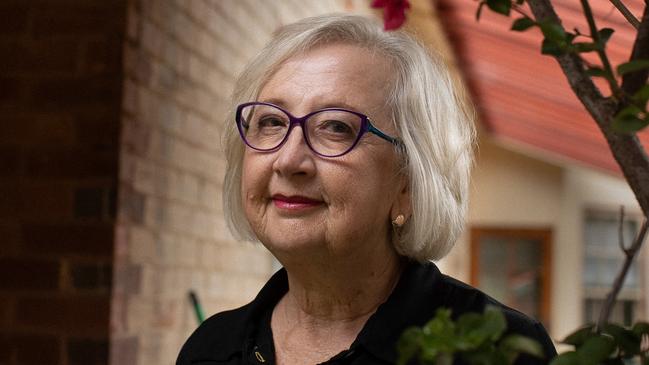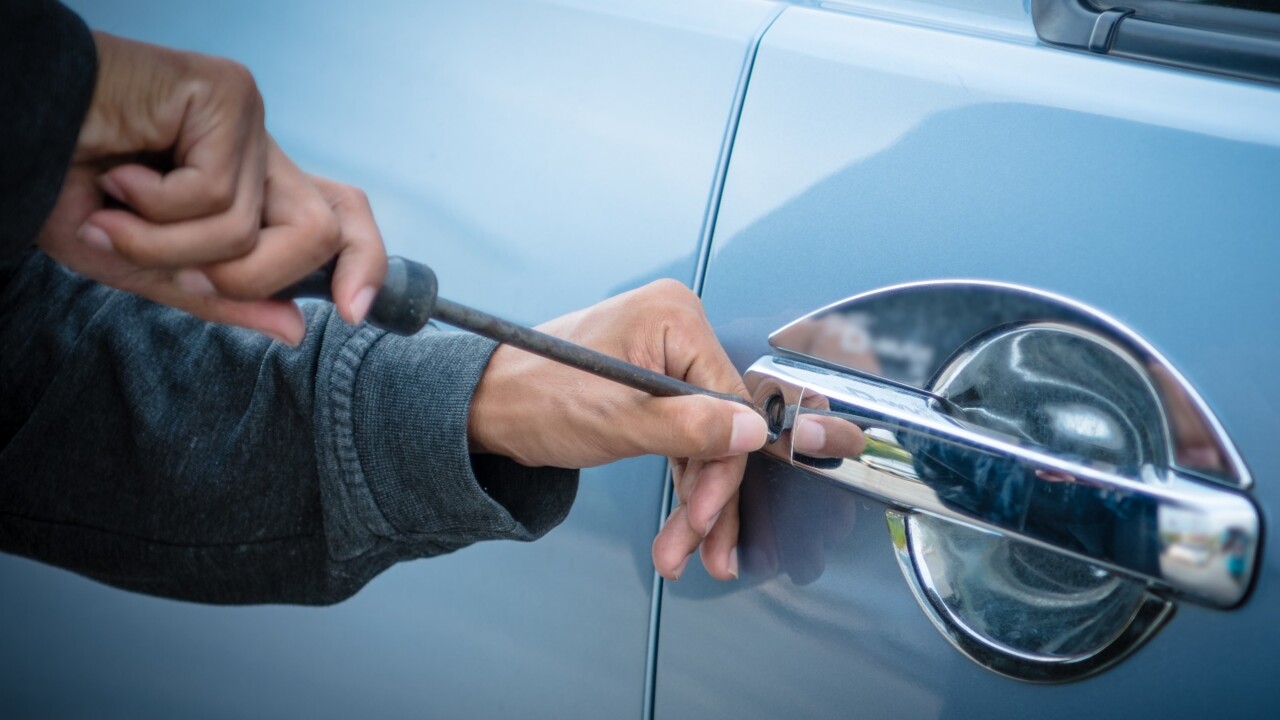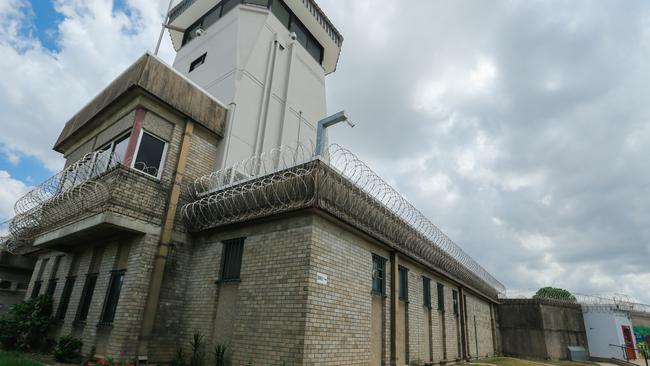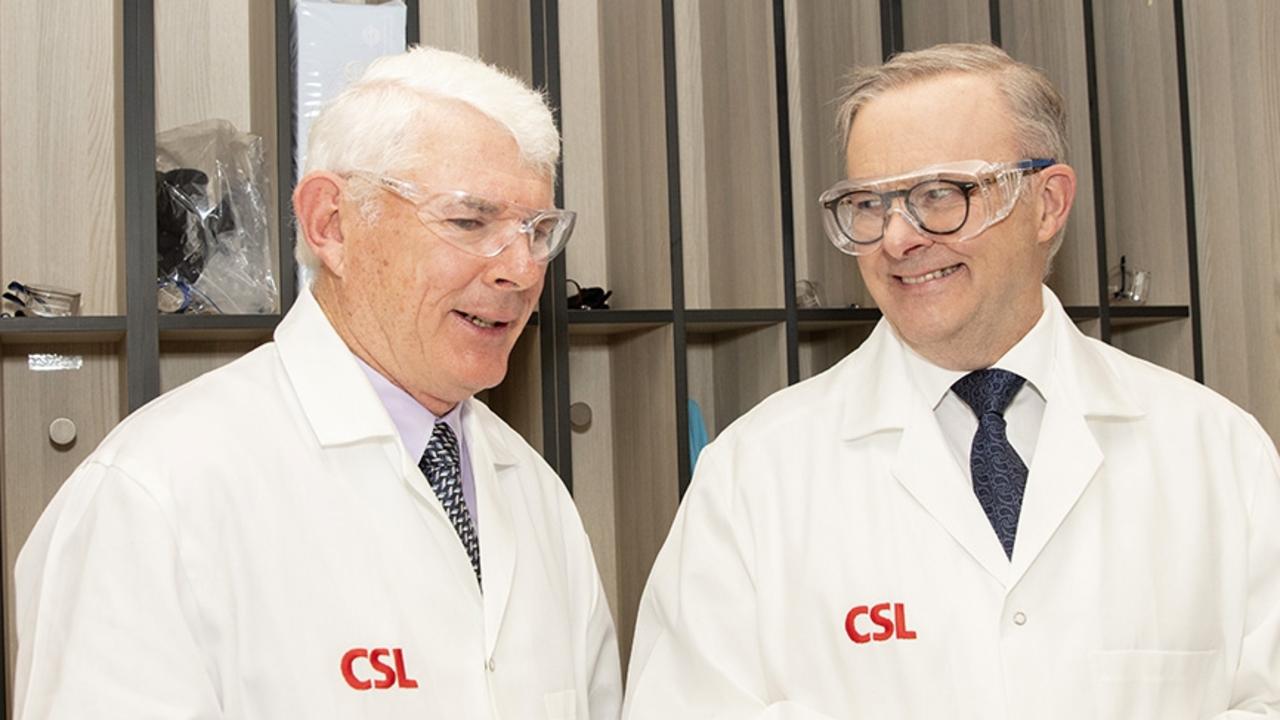Commissioner ties Territory’s youth crime to neglect of education
The NT’s youth crime rate is linked to an underinvestment in education, with the National Children’s Commissioner pointing to the cost of keeping children in detention instead of fixing schools.

The Northern Territory’s youth crime rate is linked to the territory’s underinvestment in education, says the National Children’s Commissioner, pointing to the huge cost of keeping children in detention instead of fixing schools.
Anne Hollonds, in the NT last week consulting with children and families as part of the Youth Justice and Child Wellbeing Reform, said it cost taxpayers almost $1m a year to keep a single child in custody, which could be avoided if “underlying causes” such as education were addressed.
“It is my view that we haven’t paid attention to the fact that the failings of education systems have a key role to play in the youth crime problem,” she said. “I think that the failings in one portfolio, like education, are showing up in other portfolios, like in Territory Families and youth justice.”

The Australian’s NT Schools in Crisis series exposed serious failings in the Territory’s education system, including that 78 remote communities have no access to local secondary education.
It revealed several communities had no schools, and in some remote homelands, students received a teacher only one or two days a week; classrooms had no access to power or water.
Ms Hollonds, who said she supports the idea of a national Indigenous children’s commissioner, said access to education was critical in keeping young people out of detention in the NT.
SNAICC, the national peak body for Indigenous children and families, and Indigenous organisations last week called for a national Indigenous children’s commissioner instead of a royal commission into child abuse as proposed by the federal Coalition.
“We’re seeing kids … from backgrounds of complex issues, poverty, disadvantage, trauma, come through child protection – they’re the ones that end up in Don Dale and they keep coming back to those youth prisons repeatedly,” Ms Hollonds said.
The Australian understands 45 young people are incarcerated at Darwin’s Don Dale youth detention centre, all Indigenous.
Ms Hollonds said ultimately incarceration did not divert people from crime. “The toughest jurisdictions continue to have the worst youth crime,” she said.
“We’re trying to react to the symptoms of problems, we’re not getting to the underlying causes. We need to look at the upstream systems and how they’re failing kids; education is core to that.”
In the NT, an annual funding shortfall of $214.8m in education means around one in every five students is effectively not funded at all and the NT’s attendance-based funding model means all schools, especially those in remote areas, receive less money.
“I know [NT and federal governments] are arguing about money, as they always do, but we are a signatory to the Convention on the Rights of the Child, and so from a whole of government perspective, in every portfolio we need to put the best interests of children first – that’s what we signed up to do,” she said.

Darwin lawyer and former head of the NT Bar Association John B. Lawrence SC, who has represented young people incarcerated in Don Dale youth detention centre, said he’d noticed a substantial decline in the level of education in his young clients, who were worse off now than they were 30 years ago.
“Education is a fundamental human right and I cannot believe in this country, one of the richest in the world, that the education standards and quality for Aboriginal children – whether in the bush or even in the suburbs of Darwin and Alice Springs – has dropped,” he said. “These kids can’t read and write, they can’t count – they just haven’t been to school, and if they’ve been to school, they’re not learning much … because the system’s broken.”
Ms Hollonds said young NT people told her they wanted to go to school, but felt unsafe or discriminated against there; families in remote areas said they often didn’t feel welcome at school.





To join the conversation, please log in. Don't have an account? Register
Join the conversation, you are commenting as Logout